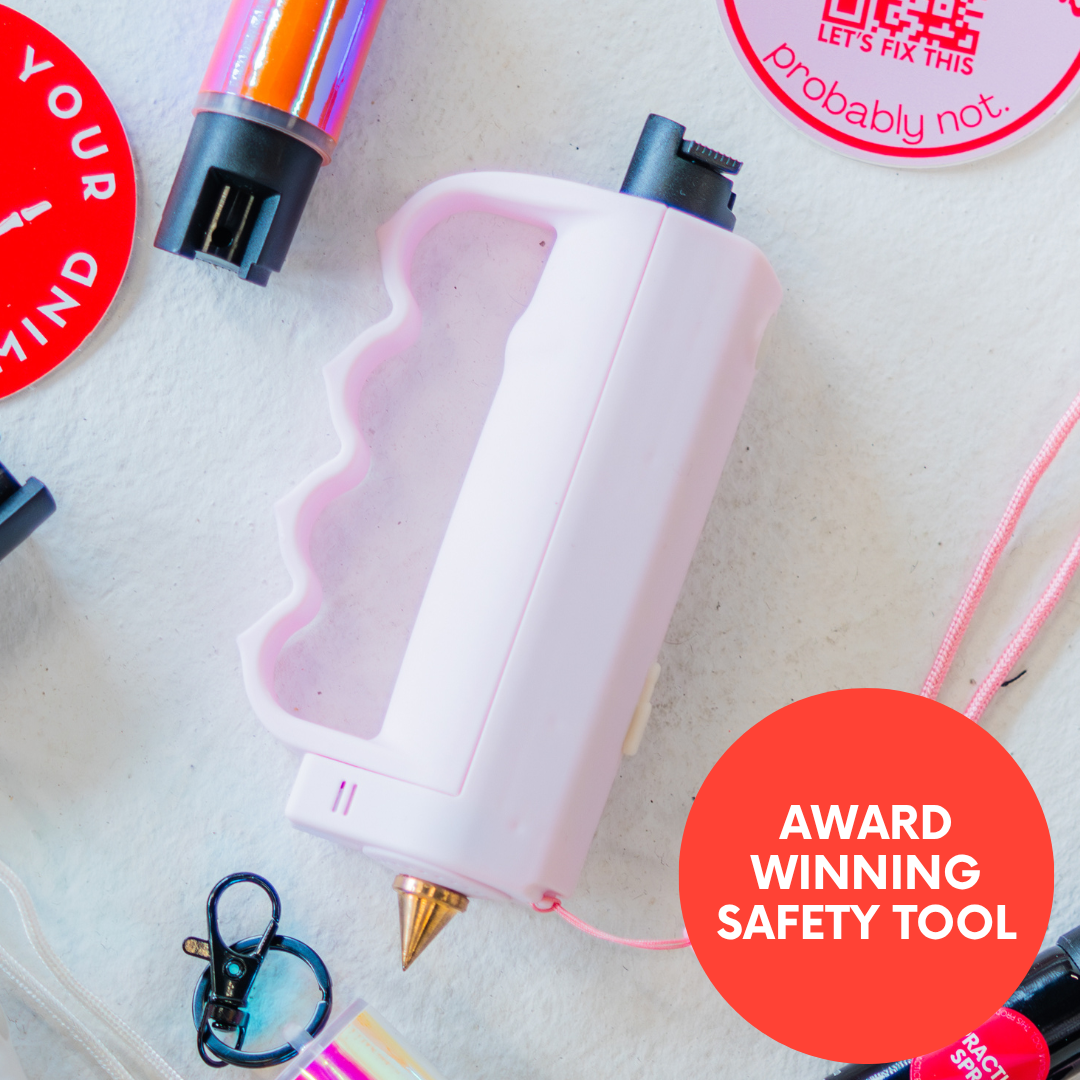Staying safe isn’t just about individual actions—it’s also about community efforts.
There are tons of programs, workshops, and student organizations designed to keep us all safe and sound.
Here’s the lowdown on how you can get involved and make a difference on your campus.
Campus Safety Programs and Workshops
Self-Defense Classes
Many campuses offer self-defense workshops where you can learn practical skills to protect yourself. These classes are not only empowering but also a great way to meet new people and build confidence.
Safety Awareness Workshops
These sessions cover a range of topics, from personal safety tips to recognizing and responding to potential threats. They’re a goldmine of information and often feature guest speakers, including law enforcement officers and safety experts.
Mental Health Resources
Safety isn’t just physical—it’s mental too. Workshops on stress management, coping strategies, and mental health awareness are crucial. Many campuses offer these resources to help students navigate the challenges of college life.
Emergency Preparedness Drills
Participating in drills for fire safety, active shooter scenarios, and natural disasters can prepare you for the unexpected. Knowing what to do in an emergency can make all the difference.
Student Organizations Focused on Safety
Campus Safety Patrol
Join the student patrol group that works alongside campus security to monitor and report suspicious activities. It’s a proactive way to contribute to a safer environment and learn valuable skills.
Peer Support Groups
These groups focus on mental health and well-being, offering a safe space for students to share experiences and support each other. They often work in tandem with campus counseling services.
Safe Rides Programs
Volunteer with or use the services of Safe Rides programs that provide free transportation for students during late hours. It’s a great initiative to ensure everyone gets home safely.
Advocacy Groups
Get involved with organizations that advocate for policy changes and improved safety measures on campus. These groups often work on campaigns to raise awareness about issues like sexual assault, substance abuse, and mental health.
Community Outreach and Involvement in Safety Initiatives
Neighborhood Watch Programs
Some campuses collaborate with local communities to create Neighborhood Watch programs. These initiatives foster a sense of community and shared responsibility for safety.
Volunteer Opportunities
Look out for volunteer events focused on safety, such as organizing safety fairs, participating in community clean-ups, or helping with awareness campaigns.
Collaboration with Local Law Enforcement
Engage in programs that bring students and local law enforcement together. These collaborations can help build trust, improve communication, and create a safer environment for everyone.
Safety App Development
Got tech skills? Some campuses support student-led projects to develop safety apps or improve existing ones. These apps can offer features like emergency contact buttons, location sharing, and safety tips.
Safely Ambassador Program
Earn cash, build your resume, and make a different on your campus with our NEW Campus Ambassador Program. If you’re a US-based student, we encourage you to apply here!
Final Thoughts
Getting involved in these programs and initiatives is not just about staying safe—it’s about building a stronger, more connected community.
Plus, it’s a fantastic way to meet new people, develop new skills, and make a real impact.
So, why not take the plunge? Join a group, attend a workshop, or volunteer your time.
Together, we can make campus life a safer place for everyone.






